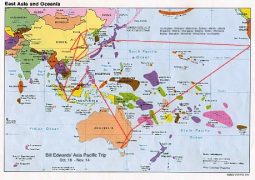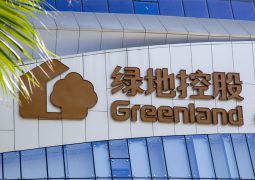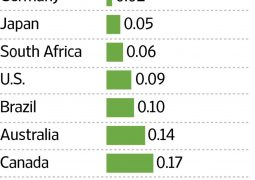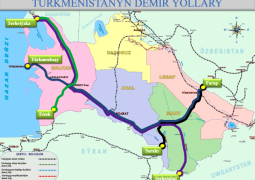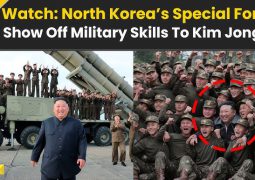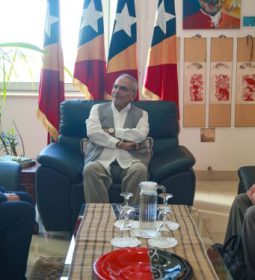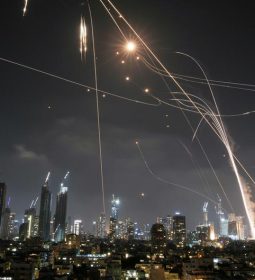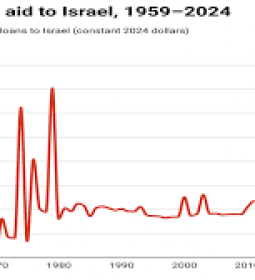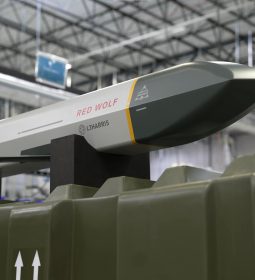SYRIA PULSE Syria’s Kurds increasingly isolated as Arab tribes cut deals with regime
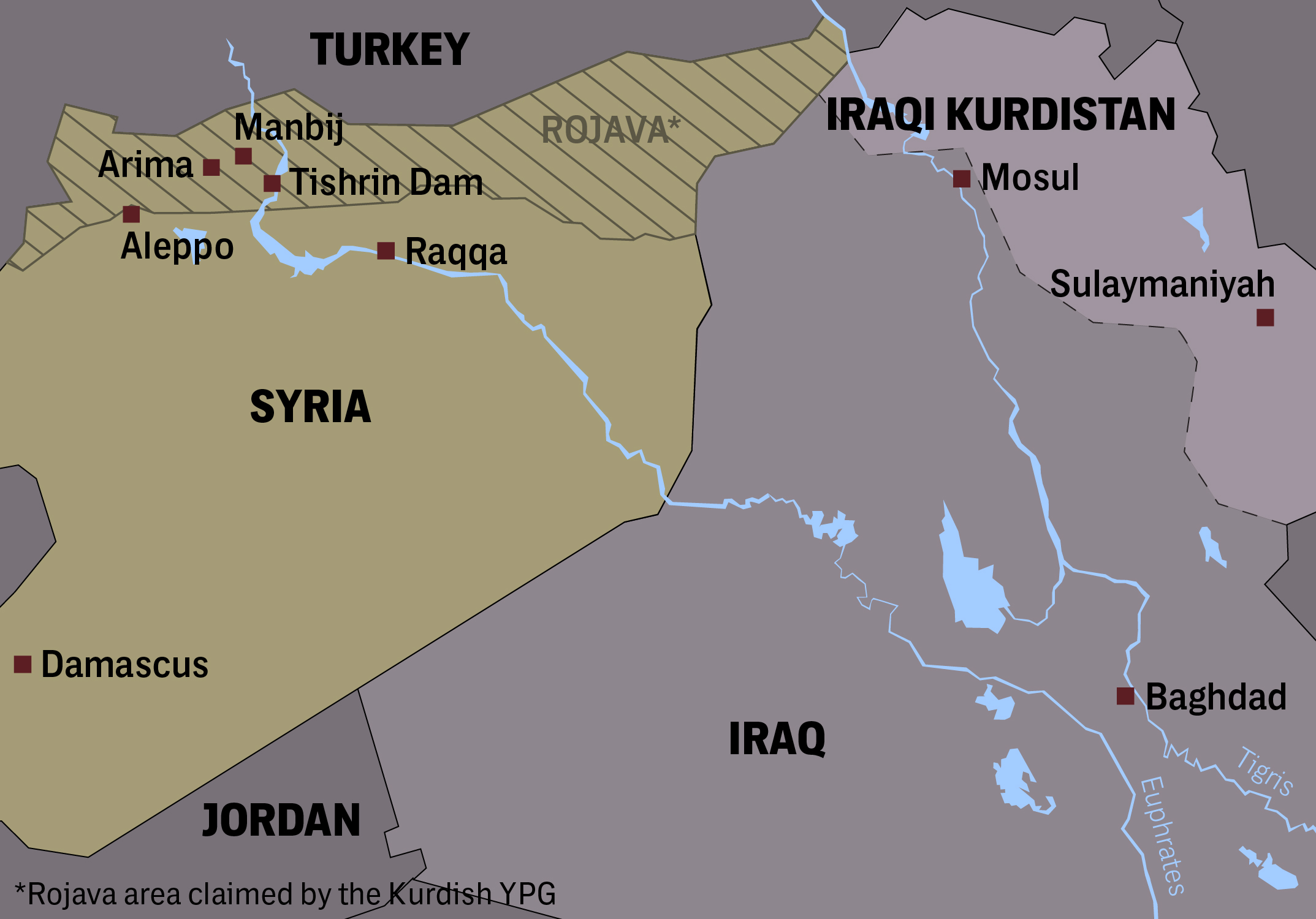
TELL ALO/MANBIJ, Syria — On a recent morning Sheikh Humaydi Daham al-Hadi reclined on a velvet floor sofa, puffing on a cigarette with a roguish glint in his eye as he held court in his outdoor diwan, or reception chamber, in the town of Tell Alo in northern Syria.
The veteran leader of the nomadic Arab Shammar tribe, which spans several countries, is among the most vocal advocates of Syria’s long-repressed Kurdish minority. His Forces of the Brave or al-Sanadid forces have, like thousands of fellow Arab tribals, been fighting alongside the Syrian Kurdish People’s Protection Units (YPG) as part of the US-led coalition against the Islamic State.
On March 23 the YPG-dominated Syrian Democratic Forces (SDF) declared victory after the fall of the jihadis’ last sliver of territory in Baghouz. But even before the Islamic State was vanquished in battle, Hadi had embarked on another mission — to probe the contours of a possible settlement between the SDF, its allies and Syrian President Bashar al-Assad. “Yes, I am ready to shake Assad’s hand,” Hadi told Al-Monitor in an exclusive interview at his marble palace, where he breeds his prized horses and camels. The sheikh had recently returned from a diplomatic tour that took him to Baghdad, Damascus and an overnight encounter with Russian officials at the Hmeimim airbase in western Syria. “The aim is to stop the war and sit around the table,” Hadi said.
The Shammar leader is not the only one mulling such an agreement. Over the past several months, a growing number of Arab tribal leaders residing in SDF-controlled areas have been reaching out to the Assad regime and cutting individual deals, according to Syrian Kurdish officials and Arab notables interviewed by Al-Monitor. In the mainly Arab town of Manbij, which is run by local allies of the US-backed SDF, the shift among the sheikhs is palpable. Requests to meet with Mohamed Khaeir al-Mashi of the Bou Bana tribe, Ismail Rabia of the Hanada tribe and Abdallah al-Bakouri of the Bou Sultan tribe revealed that all had migrated to regime-held territory when Russia and the Syrian Arab Army moved within close proximity of the town in November to forestall a possible Turkish incursion targeting the YPG. And it’s not just the Arabs: The Kurds have been sending out feelers to Damascus as well.
The trend has accelerated ever since President Donald Trump announced in December that he would be ordering all US forces to withdraw from Syria, Hadi said. Pushback from the Pentagon over the risks of a rushed departure prompted Trump to agree to keep a residual force of around 400 US troops but the damage was done. Doubts about the US commitment began to balloon, leading some Arabs in turn to question the merits of continued links with the Kurds. Predictably, the regime, Turkey, Iran and Russia are seizing on the wobbles to deepen the emerging fissures in the hope that the US-backed militia will eventually crumble and that this will hasten a US exit.
American sponsorship of the SDF — equipping, training and financing fighters — twinned with shared enmity for the Islamic State has served as the glue binding Arabs and Kurds. This has allowed coalition forces to move the battle against the jihadis out of the Kurdish-dominated areas into Arab-populated terrain, culminating in the wresting of Raqqaaway from IS last year.
Nicholas A. Heras, a Middle East Security fellow at the Center for a New American Security, said, “One of the reasons that the Arab tribes and leaders continue to engage with the SDF is the continued promise of support from the US-led coalition that will allow their communities to benefit from great power cover.”
However, US flip-flopping “has forced everybody into a difficult pattern where nobody can really act until the US and coalition forces are gone” and especially because the Trump administration is opposed to any negotiations between its SDF allies and the regime, Heras told Al-Monitor.
The Kurds, who arguably are the biggest beneficiaries of US protection after beating back the jihadis and expanding the territories under their control to include the strategic Tabqa dam and oil fields in Rmeilan and Hassakah, are in the stickiest position of all. “The US doesn’t want us to talk to the regime, but at the same time they are not offering us an alternative plan for the future; they are not willing to engage with us politically,” complained Fawza Yusuf, a senior figure in the Kurdish-led administration running the US-protected zone. “They are telling us to swim but the swimming pool is empty,” she said in an interview with Al-Monitor.
The trouble is that the regime is not feeling at all generous toward the Kurds, either. With his forces gradually reasserting control over rebel territory with the help of the Russians and Iran-backed militias, Assad feels that he has won the war. He is spurning a road map presented by the Kurds that calls, among other things, for Kurdish self-rule over the three cantons under their control and preserving the SDF security structure. Mazlum Kobane, the Kurdish commander in charge of the SDF, referred to these as red lines in a recent interview with Al-Monitor. But “the regime is giving us nothing,” Yusuf acknowledged.
In a bid to keep the Arabs on board, the YPG’s political arm, the Democratic Unity Party or PYD, has been organizing town hall meetings with Arab leaders. “I told them the blood of our sons and daughters, of our martyrs, is now fused, that no one can divide us, and some of them wept,” said Salih Muslim, the PYD spokesman who is also in charge of Arab outreach, describing a February gathering of Arabs and Kurds.
After seven years of shared existence outside the regime’s control, some Arabs have come to view the Kurds in a different light. In Qamishlo, Mohammad Darwish, a textile merchant at the local souk, said, “People should not be discriminated against on the basis of their ethnicity and religion. We believe the Kurds should be granted equal rights and permitted to be educated in their own language.” This marks a big change from the days when many Arabs viewed the Kurds with disdain, and the regime refused to issue identity papers to some 150,000 Kurds, effectively rendering them stateless.
In Manbij, Sheikh Farouk Al-Mashi, another Bou Bana leader, who heads the SDF-allied Manbij Legislative Council, takes immense pride in what he called “our joint project.” He was referring to the governing model introduced by the PYD, which promotes gender equality and ethnic diversity. Typically, every administrative body has a male and female co-chair with one a Kurd and the other either an Arab or a Christian. “We want all the world to understand that we are living to together peacefully, that we respect each other, and that this is not just a Kurdish vision but our joint vision,” Mashi told Al-Monitor in an interview in the town of Ain Issa.
Hassan Hassan, a senior nonresident fellow at the Tahrir Institute for Middle East Policy and a native of Syria’s Deir ez-Zor province, said enthusiasm for the SDF in Manbij stems in large measure from the fact that “it’s an American project, not a Kurdish one.” The town was wrested from the Islamic State with coalition backing in August 2016. “The Manbij model proved that Arabs can work with the Kurds without being dominated by them,” Hassan told Al-Monitor in a telephone interview.
Meanwhile, the notion that the YPG’s putative feminist revolution that has drawn thousands of women to the battlefield has caught on among Arab women is somewhat overblown. Some Arab women have signed up for combat. But on March 8, International Women’s day, many of the the Arab women who did show up for an outdoor rally in Qamishlo organized by the PYD were chaperoned by male relatives. “We are new to this,” said Al Ahmed al-Hussein, an Arab from Tell Brak who took part in the festivities with his two daughters. He refused to let them speak to a female reporter. Pressed for an explanation as to how this chimed with the spirit of the occasion, he said, “Changing the mind, the mentality of this region is very difficult.”
Indeed, Arab-Kurdish solidarity in mixed towns such as Tell Abyad and Manbij near the Turkish border is driven by less by a newfound ideological affinity than shared antagonism for Turkey. The Turkish government insists that the YPG continues to call the shots in Manbij and is threatening to invade the place if the Kurds don’t pull out. Turkey remains adamant that the YPG poses an existential threat to its national security because of its close links to the Kurdistan Workers Party (PKK), the militant group that has been fighting for self-rule inside Turkey since 1984.
“There is no PKK here,” Mashi said, claiming that Turkey was actively fomenting discord inside Manbij most recently between the Bou Asaf and Hanada tribes “in order to create an excuse to send in their soldiers.”
Should the US forces pull out, the common fear in Manbij is that Turkish forces will pour in, triggering the sort of lawlessness and impunity that prevails in the areas under their control. Makeen Isa, who runs a currency exchange in the local bazaar, said, “The dollar has been rising because of Turkish threats. If the regime returns, at least that security problem will be solved.” Abu Muhammed Yamen al-Ali, who sells women’s clothing, concurred. “If the regime returns, at least we will be able to get all our official paperwork done.” Both men, like many other locals here, said they would like the Americans to broker any such deal but that is a non-starter.
Hassan cautions that the tribes are not as cohesive as they seem, with generational divisions pulling members in opposite directions. Older leaders are ready to jump back into bed with the regime and younger ones are fiercely resisting its return. Some continue to sympathize with the Islamic State and could well turn on the Kurds again. Others want to continue dealing the Americans and the SDF. But none is confident that the Americans will stay. “The best scenario is that the Russians find a way to become the patron of the SDF during any transition phase,” Hassan said, if only to prevent jihadi sleeper cells from exploiting the vacuum to stage a comeback.
The hitch is that the Russians have had trouble delivering on their promises to curb the regime’s brutally repressive instincts in areas where it has made a comeback, as witnessed in Daraa. Hundreds of locals took to the streets after the government erected a bronze statue of Assad’s father, Hafez, at the same spot it had been torn down at the start of the uprising in 2011.
Still, the majority of Syria that is now back under the regime’s control remains largely unknown to the outside world. Few Western journalists venture outside the SDF-controlled zone. “The fact remains that a large majority of Sunnis in the Syrian Arab Army stuck with the regime,” said a Western diplomat, speaking on condition of anonymity. “The regime has survived.” Moreoever, Fabrice Balanche, a French academic at Lyon II University and a respected expert on Syria, debunked the idea that the Russians are increasingly at odds with an Assad whose obduracy is being encouraged by Iran. “That is the wishful thinking in Washington D.C. think tanks; there is no friction between Russia and Iran over Syria,” he said in an interview with Al-Monitor. And should the Kurds persist in their alliance with the Americans, he predicted, “The Russians will look the other way as Turkey attacks them yet again.”
All of this means that the Kurds have no time to lose, the Shammar leader insisted. “My Kurdish brothers need to stop being so stubborn, they need to make peace among themselves first and then make peace with the regime.” The alternative, he warned, is “a big and far more dangerous unknown.” As for their demands for federalism, Hadi said, “We are all Syrians and we all have rights, and I have been asking for a devolution of central authority since 1980. But if an administrative carve-up is based on ethnicity it will cause new wars. We don’t need that.” The big question, though, is what the PKK decides. “The YPG, the PYD — they cannot even lift this without PKK’s consent,” he said, pointing to a briefcase. “Alas, the PKK and the regime can’t change their mentality, they come from the same school.”
- Previous Singapore and Malaysia need further discussions to solve water issue – Saifuddin
- Next New hotspot in North Africa: Algerians keep up mass protests for fifth consecutive week




